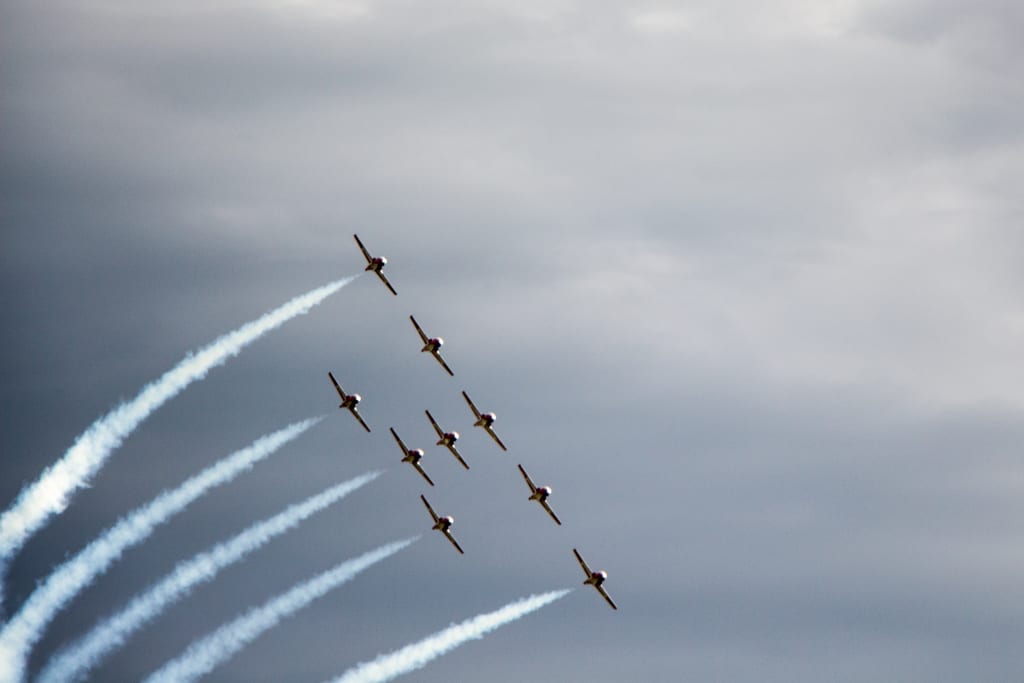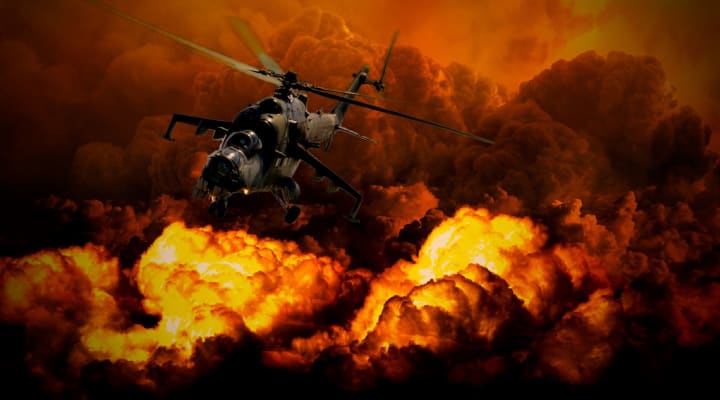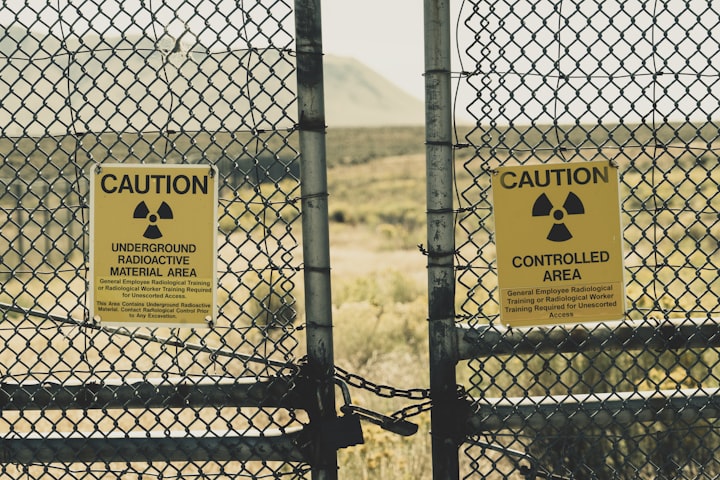
The Balakot air strike was not just a military success, but a political one as well. The Modi government's handling of the crisis was widely praised, and it helped to solidify the government's reputation as a strong defender of national security.
In the months leading up to the Balakot air strike, the Modi government had been facing criticism from opposition parties over its handling of national security issues. The government's response to the Pulwama terror attack had been seen as inadequate by some, and there were concerns that the government was not doing enough to protect Indian citizens from terrorist threats.
The Balakot air strike changed that narrative. The swift and decisive action taken by the Indian Air Force in response to the attack was seen as a show of strength by the Modi government, and it helped to reassure the public that the government was capable of protecting them from terrorist threats.
The success of the Balakot air strike also had wider implications for India's national security strategy. The strike demonstrated India's willingness to take military action to protect its citizens from terrorist attacks, and it signaled a departure from the government's previous policy of restraint in response to such attacks.
The Modi government's approach to national security has been shaped by a number of factors, including the growing threat of terrorism in the region, India's long-standing tensions with Pakistan, and the government's desire to project a strong image both at home and abroad.
Prime Minister Modi and Home Minister Shah have been at the forefront of this approach. Both leaders have emphasized the need for a strong and decisive response to terrorist threats, and they have sought to position India as a key player in the region's security architecture.
The success of the Balakot air strike was also a major political victory for the Modi government. The strike helped to shift the narrative away from the government's perceived weaknesses on national security, and it gave the government a boost ahead of the 2019 general elections.

The government's strong stance on national security issues was a key factor in its victory in those elections. The BJP won a resounding majority, and Modi was returned to power with a strong mandate to pursue his agenda.
In the years since the Balakot air strike, the Modi government has continued to prioritize national security issues. The government has taken a number of steps to strengthen India's military capabilities, including the acquisition of new fighter jets and other advanced weapons systems.
The government has also sought to deepen India's relationships with key partners in the region and beyond. Modi has emphasized the need for greater cooperation between India and other countries in the fight against terrorism, and he has sought to build stronger ties with countries like the United States, Japan, and Australia.
Despite these efforts, the threat of terrorism remains a major challenge for India. The country continues to face a range of security threats, including cross-border attacks from Pakistan-based terrorist groups, home-grown extremism, and cyber threats.
The ongoing tensions between India and Pakistan also remain a major concern. The two countries have engaged in a series of military confrontations since the Balakot air strike, and the situation in the region remains tense.
In conclusion, the Balakot air strike was a defining moment for the Modi government, and for India's national security strategy more broadly. The success of the strike helped to solidify the government's reputation as a strong defender of national security, and it gave the government a much-needed political boost ahead of the 2019 general elections. However, the ongoing challenges and threats facing India underscore the need for continued vigilance and cooperation both within India and with key partners in the region and beyond.
About the Creator
krish
Freelance writer and blogger sharing meaningful stories about universe, nature and humanity. Daring to know more, exploring and sharing insights on a journey of discovery. Join me in this never-ending quest for knowledge.






Comments
There are no comments for this story
Be the first to respond and start the conversation.